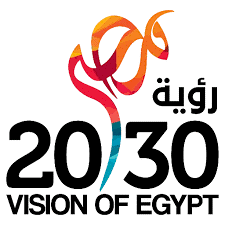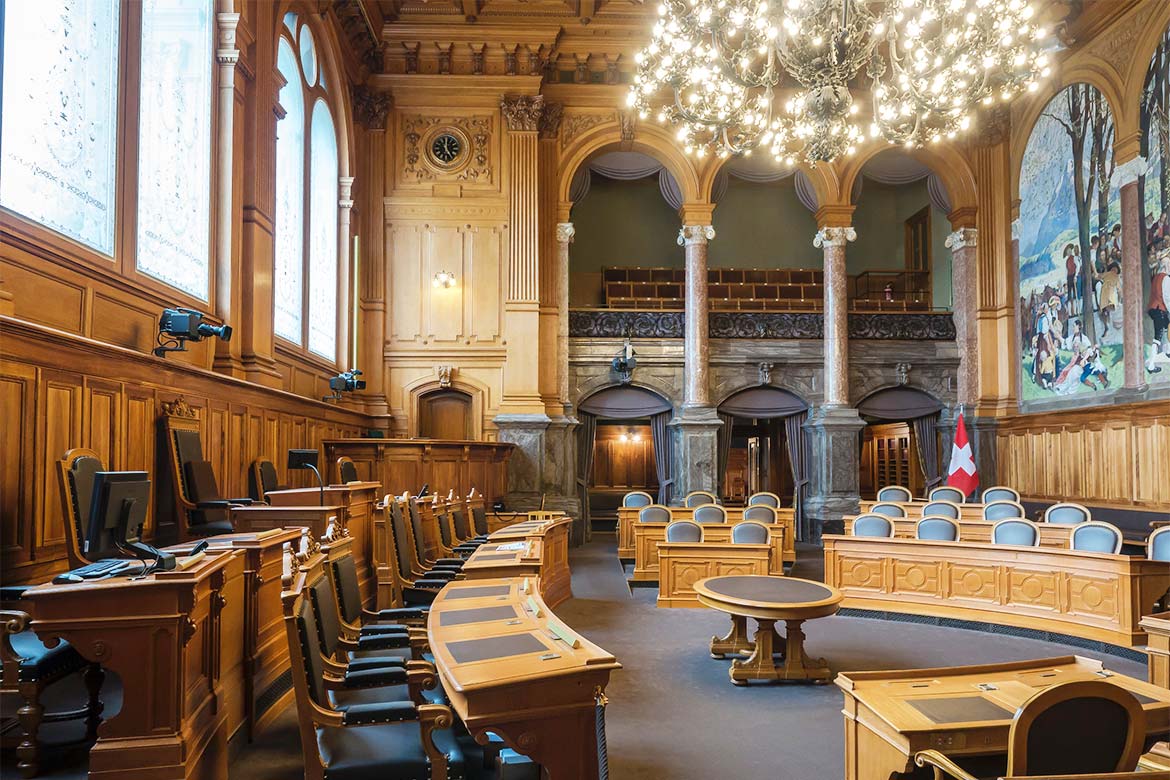
Egypt has recently made a significant announcement regarding its plans to produce green hydrogen, with the goal of becoming a prominent exporter in this field. These initiatives align with the worldwide movement towards reducing carbon emissions and expanding the use of renewable energy. Egypt possesses a wealth of clean energy resources, such as wind and solar energy. As a result, the country has set a target of generating 42% of its electricity from renewable sources by 2035. The production of green hydrogen is anticipated to have a crucial role in attaining this objective. Green hydrogen has the potential to significantly decrease carbon emissions in various sectors such as transportation, industry, and power generation.
Egypt is increasingly showing interest in green hydrogen, and it is crucial to emphasize the presence of strong political determination. This was exemplified by the announcement of Egypt’s Green Hydrogen Strategy during COP27, which was formulated in partnership with the European Bank for Reconstruction and Development (EBRD) and the Arab Union for Sustainable Development and Environment (AUSDE). The State’s hydrogen strategy outlines a comprehensive plan for the sector, the strategy aims to expand the production of green hydrogen by 2030. The plan envisions full implementation and continued progress beyond 2040. According to the analysis, it is projected that the hydrogen economy will experience significant growth by 2050. This growth is expected to provide Egypt with a considerable portion of the global market, leading to a boost in GDP ranging from USD 10 to 18 billion, as well as the creation of over 100,000 job opportunities. Egypt aims to secure a significant share of the global hydrogen market by 2030 and further increase it by 2040. This will be achieved by establishing an international export center for hydrogen and its derivatives. The goal is to enhance energy security and contribute to the Sustainable Development Goals (SDGs) during this period.1
The Egyptian government has shown a strong commitment to enacting several legislative reforms in order to advance the objectives of “Vision 2030.” Although the extensive nature of the reforms might initially raise concerns among international investors, the resulting legislative and regulatory framework for green hydrogen projects will be significantly more favorable.
These legislative reforms establish a comprehensive framework for Egypt to achieve its objective of becoming one of the world’s leading producers of green hydrogen in the future. Nevertheless, the true test lies in effectively executing these initiatives amidst the prevailing economic and geopolitical obstacles.
1 Dr. Noha Bakr,Egyptian Path of Investment in Green Hydrogen,The Egyptian Cabinet Information and Decision Support Center, 2023.

- An investment incentive known as the “Green Hydrogen Incentive” offers a cash reward ranging from 33% to 55% (Thirty-Three to Fifty-Five per cent)of the tax paid with the tax declaration on the income tax generated from participating in the project activity or its expansions, as applicable. The Ministry of Finance will distribute this incentive within 45 (Forty-Five) days from the tax declaration submission deadline. Failure to do so will result in a penalty.
- The VAT exemption applies to equipment, tools, machinery, raw materials, supplies, and means of transportation that are essential for the licensed activity of projects producing Green Hydrogen and its Derivatives, with the exception of passenger cars.
- The exports of Green Hydrogen and its derivatives production projects are eligible for a VAT rate of 0% (zero per cent).
- The Minister, has the authority to grant exemptions from real estate tax, stamp duty, documentation and registration fees, and customs duties for projects related to the production of Green Hydrogen and its Derivatives. These exemptions apply to the properties, contracts, mortgages, and land registration necessary for establishing such projects, with the exception of passenger cars.
- the requirement to be registered at the Importers/Exporters register; and
- the requirement to register the import or export of equipment, machinery, raw materials, vehicles and spare parts necessary for the project.1
- Establishing special customs departments for project exports.
- The Project Company is granted a single approval (Golden License) in accordance with the regulations provided in the aforementioned Investment Law.
- Without prejudice to the provisions of the applicable laws, regulations, and resolutions governing imports, the Project Company is entitled to independently or through third parties, import the necessary raw materials, production necessities, machinery, spare parts, and suitable means of transportation for establishment, expansion, or operations without the requirement of registration in the Importers’ Registry. The Project Company has the option to independently export its products or do so through other parties, without the requirement of obtaining a license or registering in the Exporter’s Register.
- The Project Company has the right, during the first 10 (Ten) years from the date of signing of the Project Agreements, to hire foreign workers up to 30% (Thirty per cent) of its total workforce.
- Specialcustomszonesmaybeestablishedfortheproject’sexportsorimportsin agreement with the Minister of Finance.
- The Project Company is eligible for a 30% (Thirty per cent) reduction in fees and categories associated with using maritime ports, maritime transport, services provided to ships in Egyptian maritime ports, and the use of fixed and floating equipment and facilities owned by the maritime port authorities and the Maritime Safety Authority. This reduction also applies to nonliquid pouring activities, ship provisioning, and electronic services provided by Egyptian Maritime Port Administrations.
- The Project Company is eligible for a 25% (Twenty-Five per cent) reduction in the fees for the usufruct right of industrial land allocated for the establishment of Green Hydrogen and its Derivatives production factories. Furthermore, a reduction of 20% (Twenty per cent) in the value of usufruct fees for storage warehouses in ports is being granted. This reduction does not affect the annual increase of the usufruct right under the usufruct contracts and licenses, and it is subject to any other regulations set by the authority with jurisdiction over the land.
- A grace period will be provided for the payment of the usufruct right of industrial and storage land plots designated for the project and its expansions. This grace period will begin from the date of commercial operation of the project, and no interest or penalties will be calculated.
- The commercial operation of the project is required to commence within a period of five years from the date of signing the Project Agreements.
- The project or its Expansion, as applicable, will depend on foreign currency financing from international project financiers, representing a minimum of 70% (Seventy per cent) of its investment cost.
- The project is required to utilize locally manufactured components whenever they are available in the local market. Additionally, a minimum of 20% (Twenty per cent) of the project’s components must be sourced locally.
- The project should also aim to facilitate the transfer and localization of modern and advanced techniques and technologies in Egypt. It is important to prioritize the development and implementation of training programs for the Egyptian workforce.
- The Project Company is required to establish a comprehensive plan for the development of local areas where it operates. This plan should include the implementation of corporate social responsibility rules as outlined in Article 15 of the Investment Law.

